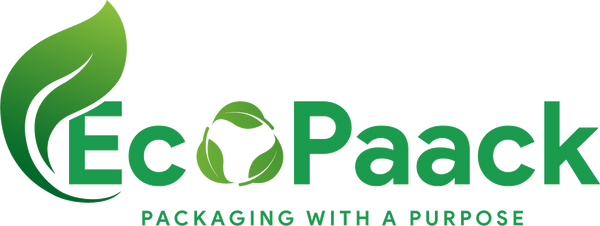Sustainability
In our quest for a more sustainable future, it is essential to reconsider our consumption habits and the materials we use. One promising alternative to traditional plastic products is bagasse, a fibrous byproduct of sugarcane processing. Bagasse products offer a sustainable solution that is not only environmentally friendly but also addresses the growing concerns surrounding plastic waste. In this blog post, we will explore the sustainability of bagasse products and highlight the advantages of compostable products over plastic.
- Bagasse: A Renewable Resource:
Bagasse is derived from sugarcane, a renewable and abundant plant source. By utilizing bagasse as a raw material, we reduce dependence on fossil fuels and minimize the extraction of non-renewable resources. The production of bagasse products contributes to the circular economy by repurposing waste from the sugarcane industry.
- Reduced Carbon Footprint:
Bagasse products have a lower carbon footprint compared to traditional plastic products. The process of manufacturing bagasse products requires less energy and generates fewer greenhouse gas emissions. Furthermore, the use of bagasse helps reduce the reliance on petroleum-based plastics, which are responsible for significant carbon emissions during production and disposal.
- Compostability and Biodegradability:
One of the most significant advantages of bagasse products is their compostability. Bagasse is a natural material that can easily break down in composting systems, returning valuable nutrients to the soil. In contrast, plastic products can take hundreds of years to decompose, contributing to landfill waste and environmental pollution.
- Plastic Pollution Reduction:
Compostable products, including bagasse items, play a vital role in combating plastic pollution. Plastic waste poses a severe threat to ecosystems, marine life, and human health. By choosing compostable alternatives, we can significantly reduce the accumulation of plastic waste in landfills, oceans, and natural habitats.
- Resource Conservation:
The production of plastic involves extracting and depleting non-renewable resources, such as fossil fuels. In contrast, bagasse products utilize agricultural waste, which would otherwise be discarded or burned, contributing to air pollution. By diverting bagasse from waste streams, we conserve resources and promote a more sustainable approach to manufacturing and consumption.
- Supporting Sustainable Practices:
Choosing compostable products encourages sustainable practices throughout the supply chain. It stimulates the development of eco-friendly manufacturing processes, promotes responsible waste management systems, and supports the growth of a circular economy. By supporting companies that prioritize sustainability, we create a demand for environmentally conscious products and contribute to a greener future.
Conclusion:
The sustainability of bagasse products and the advantages of compostable alternatives over plastic cannot be overstated. By opting for bagasse products, we contribute to a more sustainable and environmentally responsible lifestyle. These products offer a renewable, low-carbon footprint, and compostable alternative to traditional plastic items. By reducing our reliance on plastic and supporting compostable solutions, we take a step towards a healthier planet, free from plastic pollution and resource depletion. Let's embrace the sustainability of bagasse and compostable products as we work together to create a greener and more sustainable future.
